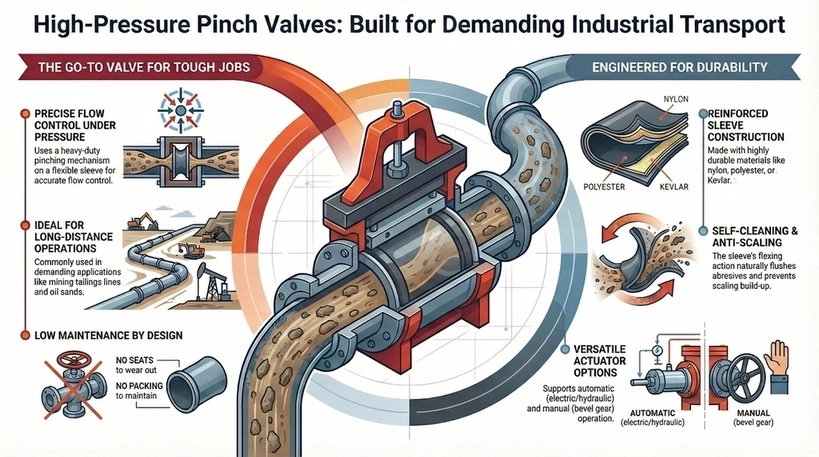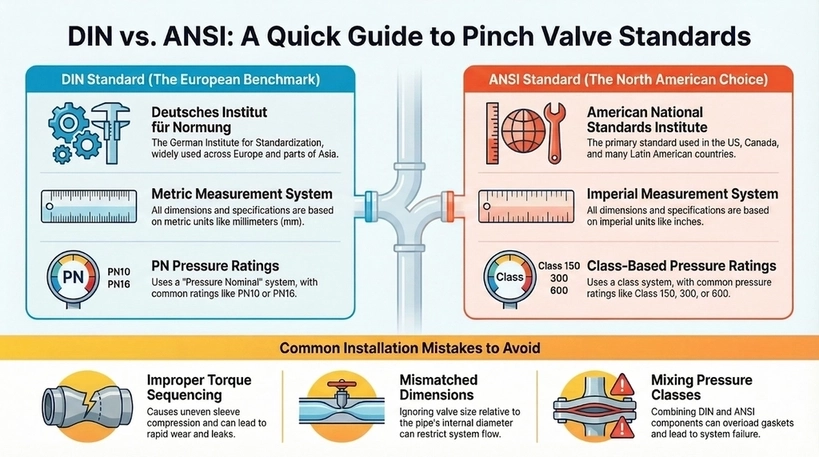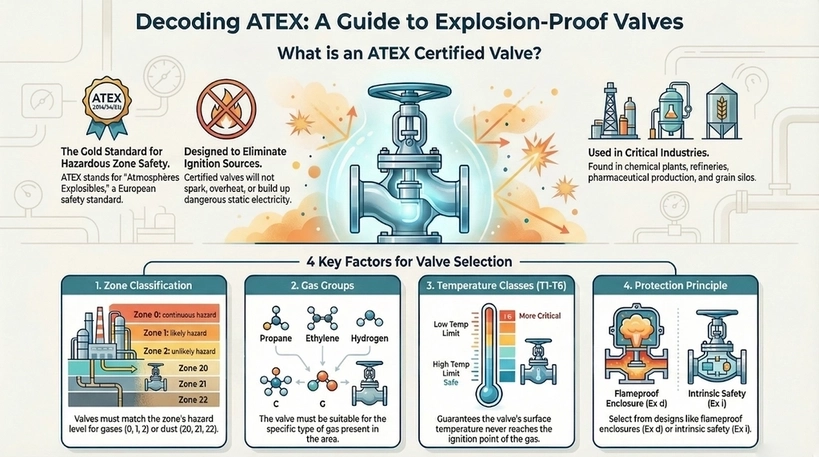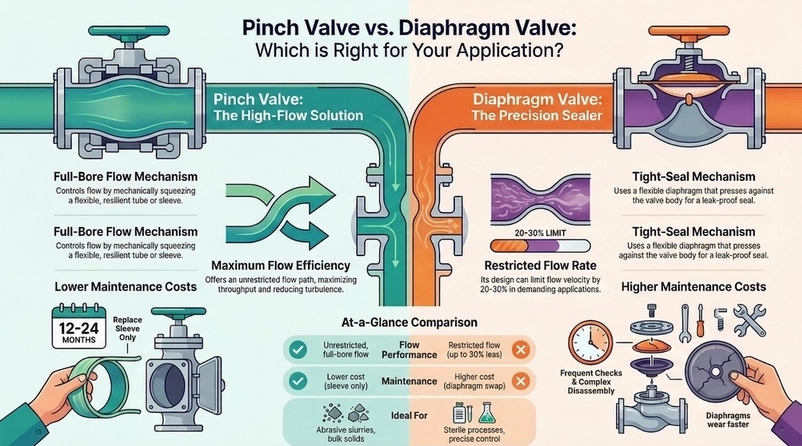

When choosing an industrial filter system, consider factors such as contaminant characteristics, operating conditions, chemical compatibility, housing configuration, and maintenance requirements. These determine whether your filtration system will protect your equipment effectively or create expensive problems down the line.
Below, we take a closer look at each factor and how they impact your purchase decision.
The first question to answer is simple: what are you trying to filter out?
Particle size, measured in microns, determines which filter can effectively capture your contaminants. Beach sand ranges from 300-600 microns, while fine dust might be under 10 microns.
Don’t automatically choose the smallest micron rating “just to be safe.” Smaller ratings clog faster, creating pressure drops and system stress. The application of filtration in industry works best when filters match your actual contaminant profile.
Temperature and pressure requirements immediately narrow your options. If your system runs above 140°F, you’ll likely need metal rather than plastic housings. Similarly, your filter must handle your system’s flow rate and pressure.
A filter rated for 100 GPM will fail in a 200 GPM system. This mismatch creates dangerous pressure spikes, inadequate filtration, and potential housing failure. The right industrial filter system matches your actual operating parameters.
Chemical compatibility isn’t negotiable. When filter materials aren’t compatible with your process fluids, they degrade and fail. This allows contaminants to pass through or even introduces new problems from the deteriorating filter.
Material handling equipment filtration systems often face challenging chemical environments. Always check compatibility charts when working with acids, caustics, or solvents. The right material makes the difference between years of service and immediate failure.
Your filtration housing must fit your available space while meeting flow and maintenance requirements. Consider whether vertical or horizontal orientation works better for your facility.
The industrial filter might need specific inlet/outlet configurations or special maintenance access. Single cartridge, multi-cartridge, bag filters, or strainers each offer advantages depending on your needs.
For applications requiring continuous operation, consider our selection of industrial strainers, which includes duplex configurations that allow maintenance without system shutdown. These provide reliable filtration while maintaining continuous operation.
Even perfect filters become problems if maintenance is difficult. Consider how often filters need servicing and whether your staff can easily access them.
Self-cleaning systems work well for hard-to-reach locations but cost more initially. Standard filters cost less upfront but require regular manual servicing. Easy access encourages proper maintenance, while difficult access often leads to neglected filters and system problems.
The application of filtration in industry works best when maintenance requirements align with your operational resources and capabilities. Consider both immediate needs and long-term maintenance when selecting your system.
Reliable filtration to protect valves and pipelines — Y, T, basket, and duplex types available.
Explore Strainers
Different industries face unique challenges that influence filtration system selection. The application of filtration in industry varies significantly based on process demands and product requirements.
For example:
You also need regulatory compliance that matches your industry’s standards. Some of the most common requirements include:
Use this practical checklist to ensure you’ve considered all critical factors before selecting your industrial filter system:
Process Requirements
Installation Factors
Maintenance Needs
Performance Requirements
Working through this list helps you identify exactly what your industrial filter system needs to do. This prevents surprises later on that could cost you time and money.
By carefully evaluating these factors for your specific situation, you’ll select an industrial filter system that delivers value for your investment.
Remember that filtration requirements can change as processes evolve. Choose a supplier who provides technical support and can help you adapt your filtration strategy as needs change.
The right partner will help you navigate selection challenges and optimize system performance throughout its operational life.

High pressure pinch valves, like PN16 pinch valve and class 150 pinch valve designs, involve a rugged and heavy-duty pinching mechanism in positioning the sleeve, resulting in an almost accurate and measurable flow of media. This kind of valve is popular and commonly used for long distance operations in mining tailings lines or oil sands, […]

Understanding pinch valve dimensions and flanges ensures seamless integration into piping systems, particularly when choosing between DIN vs ANSI. The two are different but commonly used standards by organizations in engineering, manufacturing, and product design. DIN was developed in Germany but widely adopted across Europe and parts of Asia. Meanwhile, ANSI standards, which originate from […]

Selecting the appropriate explosion proof valve is essential for safety in industries that pose explosion risks. ATEX certified valves guarantee compliance with European standards, preventing ignition sources from heat, sparks, or static electricity. This blog explores key factors for choosing ATEX certified explosion proof valves that ensure overall operational safety, highlighting the entailed regulations and […]

When handling abrasive or viscous media in industrial processes, the type of valve used can heavily affect the performance, efficiency, and overall user experience. In relation to this, two of the most common valve options are pinch and diaphragm valves. In this blog, we delve into the pinch valve vs diaphragm valve discussion, analyzing flow […]



